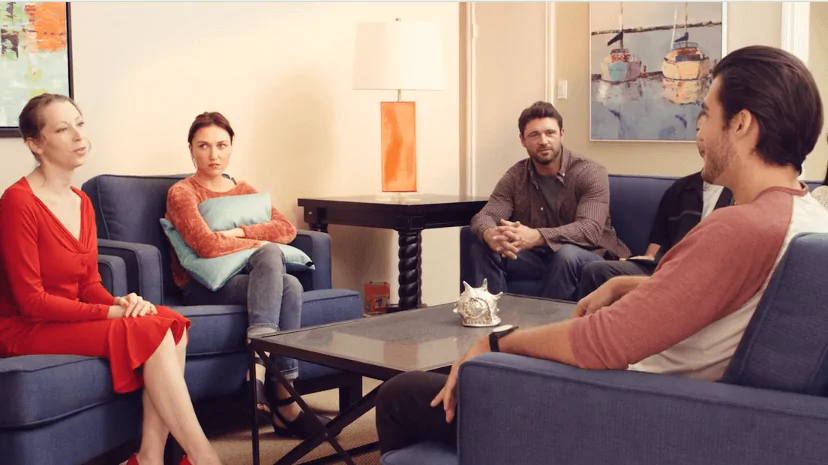24/7 Helpline:
(866) 899-221924/7 Helpline:
(866) 899-2219
Other Insurance Options

Molina Healthcare

Private insurance

MVP Healthcare

UMR

Sutter

Providence

American Behavioral

CareFirst

BHS | Behavioral Health Systems

Lucent

Humana

Magellan Health

Sliding scale payment assistance

State Farm

Health Partners

Horizon Healthcare Service

Meritain

BlueShield

WellCare Health Plans

Premera

RJ Blackley – Alcohol and Drug Abuse Treatment Center
RJ Blackley - Alcohol and Drug Abuse Treatment Center is specifically designed to provide inpatient ...






























































Life Changes
Life Changes offers a variety of programs including EAP Services, DWI Assessments & Treatment, and S...

Granville Counseling Center
Granville Counseling Center offers outpatient treatment for individuals with alcohol and/or substanc...



























